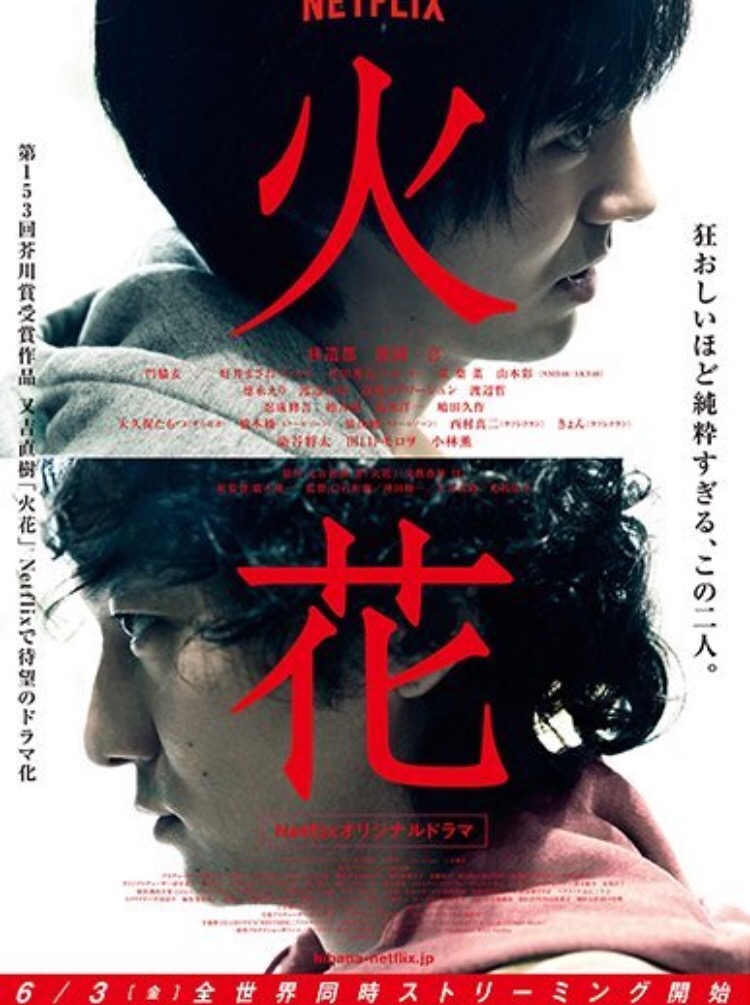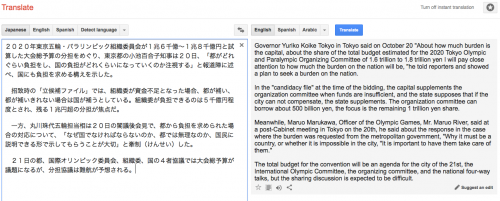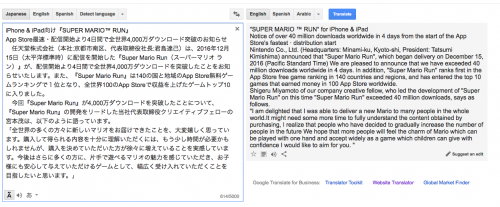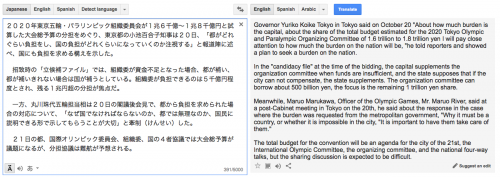2016 is getting a really bad reputation as the worst year ever. I can understand why, but I have good reasons why this doesn’t sit well with me (mostly because this year I added a Little Miss Adamu to the family).
To try and show why 2016 wasn’t all bad, I have decided to run down a few of the good things that either happened or that I read/saw/listened to, starting with my favorite podcast discovery of the year:
No More Whoppers
No More Whoppers might just be my favorite podcast of all time. It’s not perfect by any means, but with podcasts personality is everything, and their special mix of silliness and seriousness is just right for me.
The hosts are two early 30s white-dude American friends who met more than a decade ago as young video game journalists and have kept in touch.
Alex moved to Japan, first to teach English and now to run his own retro game themed bar in Nagoya, while Ray has continued writing about games and just recently began trying to make his own.
They crack silly in-jokes (making surprisingly effective use of an audio soundboard), tell stories about their day-to-day lives, and do various segments modeled after their favorite podcasts.
As podcasts go, the production is aggressively middling. They release whenever they can schedule an episode, so a lot of the time one is very hung over and half asleep. They get irritated with each other on air and it can get uncomfortable. The talk is often aimless – literal recapping of the mundane details of their day. At one point one of the hosts ran out of ideas and started commenting on what he saw out his window.
So having said all that, why do I like it so much? First, when it works, the laughter between two good friends is really infectious. But more importantly, binge listening to the show helped shed some light on transitioning to my mid 30s just at just the right time in my life.
To listen to Alex and Ray is to observe two tortured souls struggling to make sense of and make the best of this world
Much of the lighter talk on the show is about video games, but the juicy stuff is when they vent their frustrations.
As an English teacher, Alex was endlessly tormented by the absurd Kafkaesque bureaucracy of a Japanese school, and the powerlessness of being an outsider (students grab his crotch for a laugh, every seemingly nonsensical rule is justified with “it can’t be helped!”). Now as the owner of his own bar he ostensibly has more freedom but can’t afford to turn away the business of customers he finds loathsome and spends all his profits drinking after hours with other local bar owners, seemingly because he needs to keep up with “the scene”. Is he better off? Where is this heading?
Ray’s journey on the other hand starts out bleak – the podcast starts with him unemployed and with no real prospects smack dab in the middle of the Great Recession, and one of the best episodes is when he rages at not being able to find work even after asking his friends for help. But he ends up finding a place for himself as an editor at an established game company to the point that he feels comfortable branching out into other projects.
Along the way both get serious girlfriends and at least Alex is moving toward getting married.
It has been fascinating to see how the two hosts’ relationship has evolved over the years.
In the course of conversations over many episodes since early 2012, they gradually renegotiate the parameters of their relationship. Here and there, you hear, for example, Ray drop hints that Alex should pay more deference to his skills and experience as a copy editor. Or Alex lavish praise on a hyper-masculine, ex-military drinking buddy in what comes off as a subtle dig at Ray’s more introverted (and alcohol free) lifestyle.
These are the kinds of statements that end friendships. How many times have I had to concede that “he’s gone hardcore christian” or “she is all about her kids now” or even “I need to keep bad influences away for the sake of my family”?
Lesser friends might interpret these assertions of “things are different now” as signs they need to move on. But remarkably and commendably the two have kept at it and continue to bond over the things they still enjoy together.
They have not lost their easy rapport that not only lets them improv off each other, it makes for consistently earnest discussions when the time comes to get serious. That takes courage and I think we are all richer for it.
Of course this all comes with the caveat that with any podcast, listening to them for hundreds of hours makes me feel like I know them, but I’m really just hearing a version of themselves they choose to present. Still, real or not or in between their conversations have been enlightening for me.
So anyway that is my way too serious take on what is really a fun comedy podcast. I hope they keep going for a long time and know that people are rooting for them!






